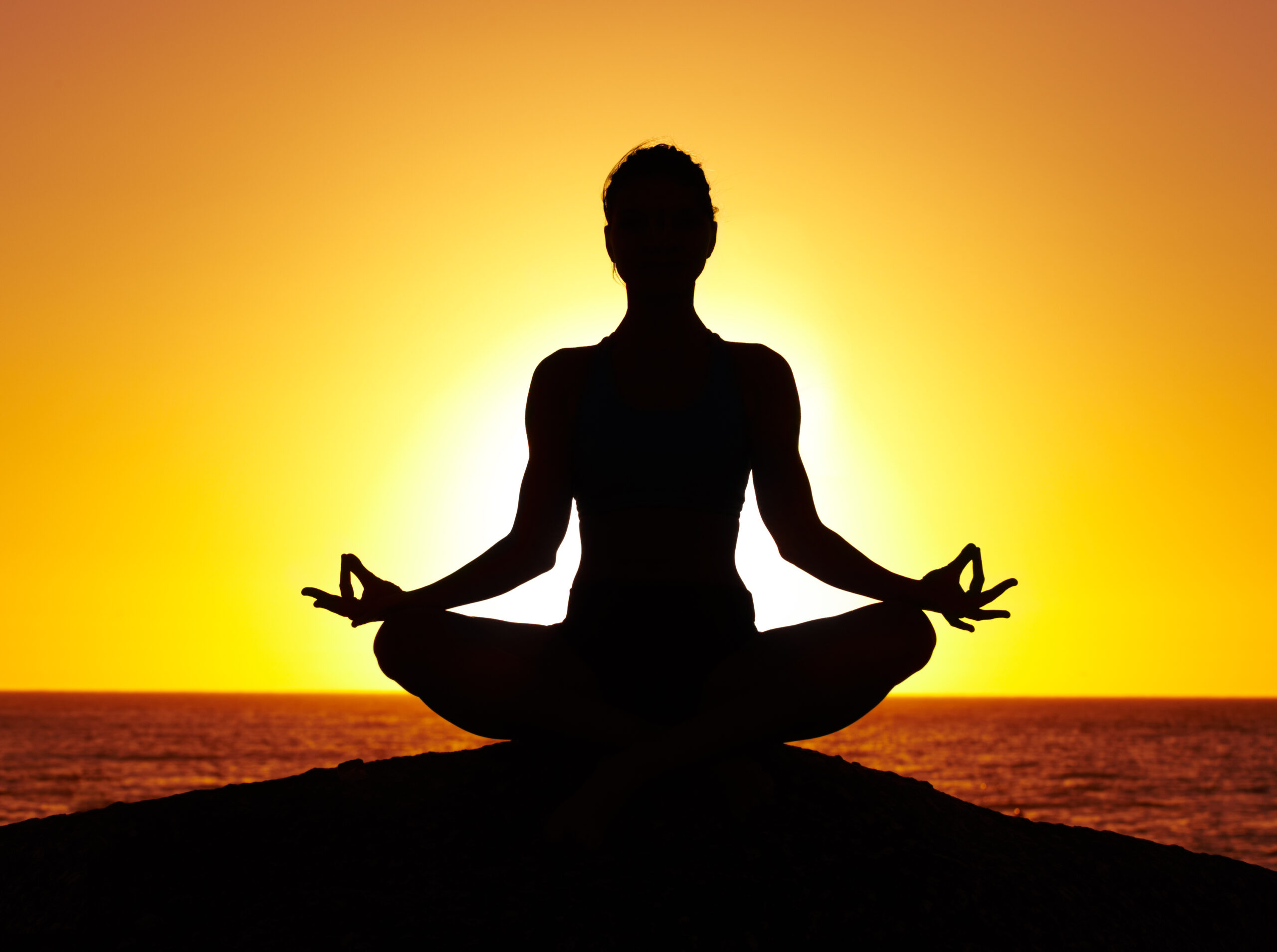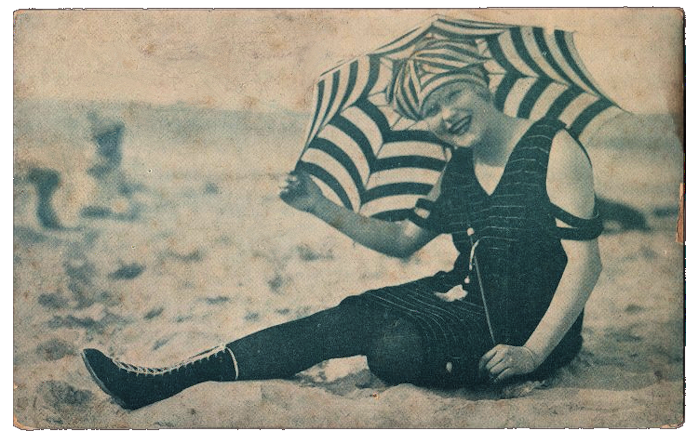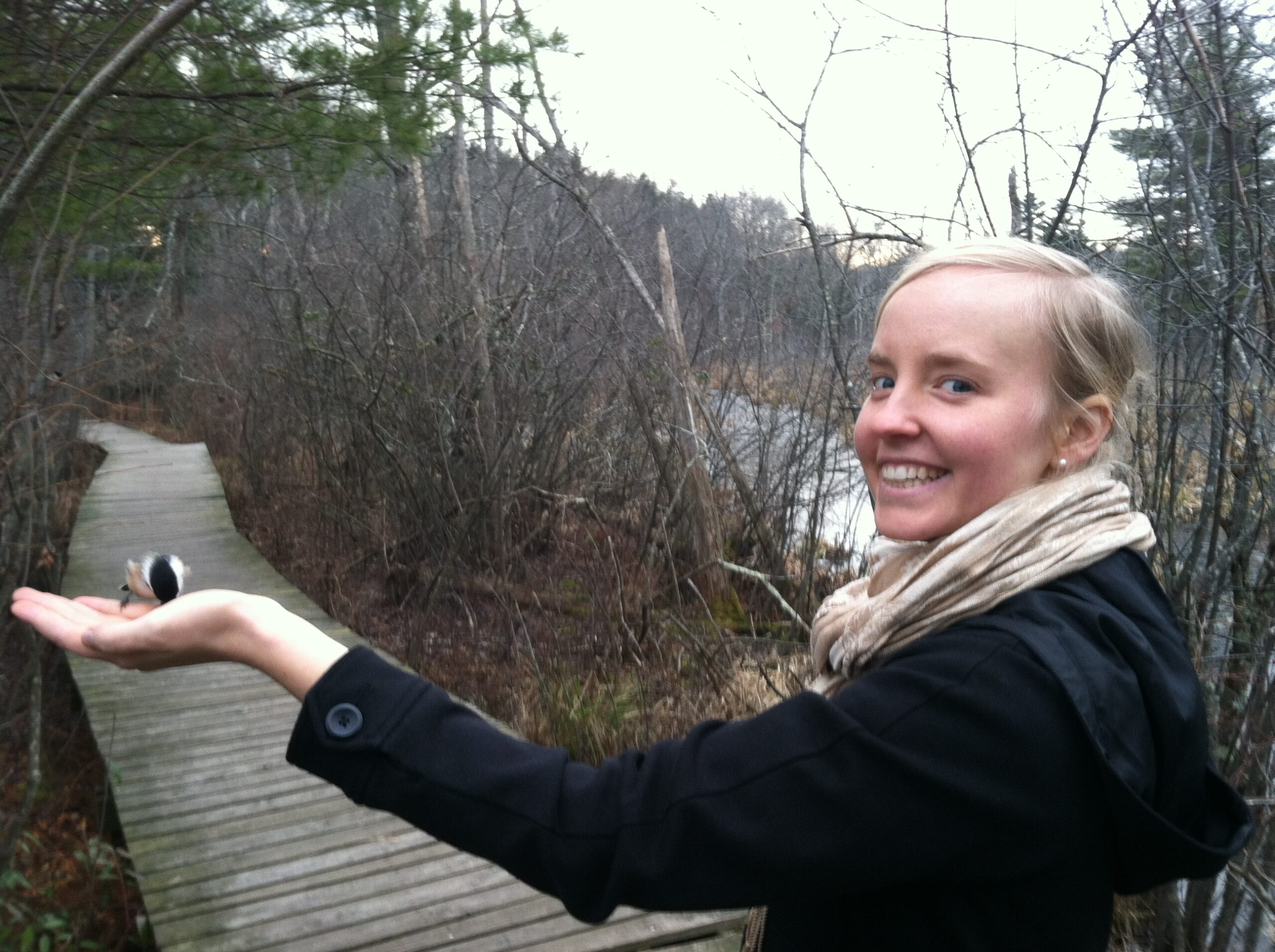By no means am I an expert, but I have enjoyed yoga off and on for many years. I love how there are so many different styles and philosophies, to fit whatever mood you might be in. I personally prefer the ‘less serious’ classes…one in particular I like is taught by a guy that makes fun of us and swears (“No, your other god damn right!”), ensuring that we get a good laugh in during class. The more serious ones are certainly great too, but I’m not flexible enough to take them. 🙂
During cancer treatments, grieving, or any stressful time, taking ten minutes to an hour to relax and focus on yourself can be very rewarding. Most people are familiar with the physical benefits of yoga, such as increased flexibility, core strength, and energy, but what I appreciate most are the mental rewards I incur. Apart from a runner’s high, there is no calm like the calm after a session of yoga, whether it be a power vinyasa class or a calming restorative class. I may sometimes struggle to convince myself to get on the mat, but I never regret it once it’s over.
I encourage everyone to try yoga, even if you’ve tried it before and haven’t enjoyed it. Try a different style, a different teacher, or a different studio…there can be such differences between classes!
Something I’ve been very happy with is the advent of online yoga classes. This can be great when you’re not feeling up to leaving the house, or if you want to save some cash. Those studio classes can be very expensive and there are some great online alternatives. My personal favorite is yogaglo.com. For $18/month, you get access to an unlimited number of streaming classes taught by a variety of teachers in a variety of styles. What sets yogaglo apart from other online yoga sites for me is the ease of searching for classes. You can enter in that you want a 15-minute beginner class with a focus on opening your hips and you will likely be met with multiple results. It is very user-friendly and they are always adding new videos.
Another great web resource is ekhartyoga.com. I find Esther’s classes to be very restorative and calming and they are my go-to when I’ve had a rough day. She also has a subscription service that is very affordable ($12.50/month).
Finally, I’ll leave you with a link from yogadownload.com that is aimed specifically at cancer survivors.
Enjoy! I hope yoga can bring a little window of peace to your day 🙂
top image via, bottom image via (You can even bring the kiddos along for the ride!)







